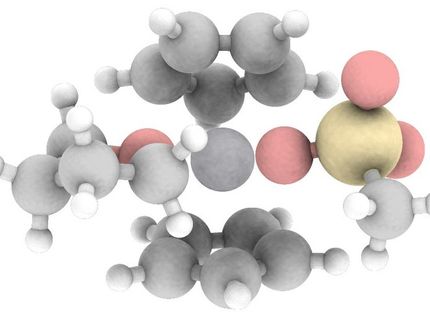"Chainmail catalysis" improves efficiency of CO oxidation at room temperature
CO Oxidation at room temperature is significant for gas purification. Pt promoted by 3d transition metals (TMs) is a promising candidate for this reaction. However, TMs are prone to be deeply oxidized in an oxygen-rich atmosphere, leading to low activity.

"Chainmail Catalysis" Improves Efficiency of CO Oxidation at Room Temperature
Nature Communications
Recently, a research group led by Prof. DENG Dehui from the Dalian Institute of Chemical Physics (DICP) of the Chinese Academy of Sciences (CAS) designed a chainmail catalysis of graphene-isolated Pt from CoNi nanoparticles (Pt|CoNi) for CO oxidation at room temperature.
CoNi alloy was protected by ultrathin graphene shell from oxidation and therefore modulated the electronic property of Pt-graphene interface via electron penetration effect. It achieved near 100% CO conversion at room temperature, while there were limited conversions over Pt/C and Pt/CoNiOx catalysts.
By experiments and theoretical calculations, the researchers indicated that CO could saturate Pt sites, but O2 could adsorb at the Pt-graphene interface without competing with CO, which facilitated the O2 activation and the subsequent surface reaction.
"The graphene-isolated system in this work is distinct from the classical metal-metal oxide interface for catalysis, and it provides a new thought for the design of heterogeneous catalysts," said Prof. DENG.
Original publication
Other news from the department science

Get the chemical industry in your inbox
By submitting this form you agree that LUMITOS AG will send you the newsletter(s) selected above by email. Your data will not be passed on to third parties. Your data will be stored and processed in accordance with our data protection regulations. LUMITOS may contact you by email for the purpose of advertising or market and opinion surveys. You can revoke your consent at any time without giving reasons to LUMITOS AG, Ernst-Augustin-Str. 2, 12489 Berlin, Germany or by e-mail at revoke@lumitos.com with effect for the future. In addition, each email contains a link to unsubscribe from the corresponding newsletter.



























































